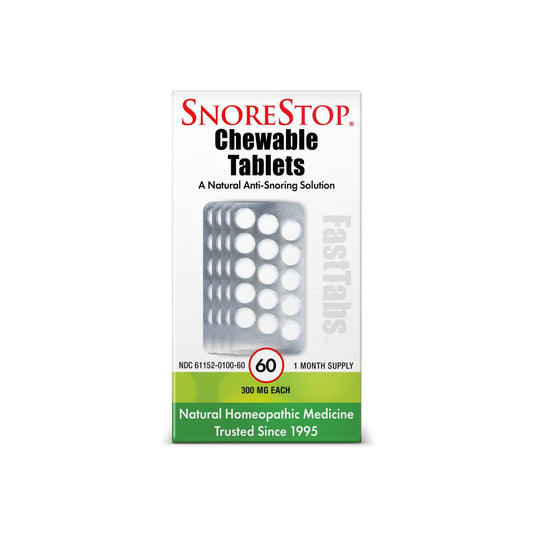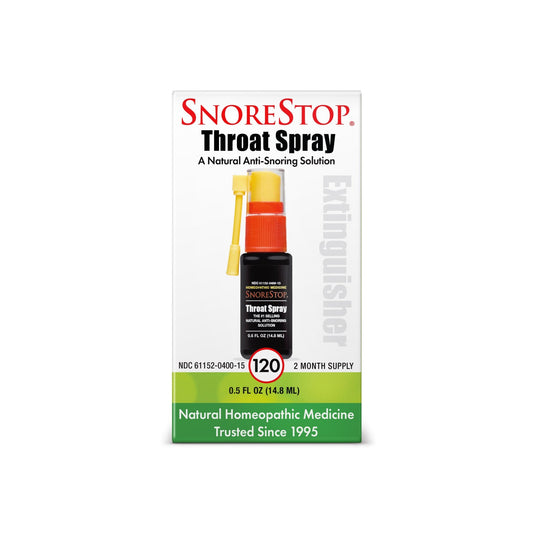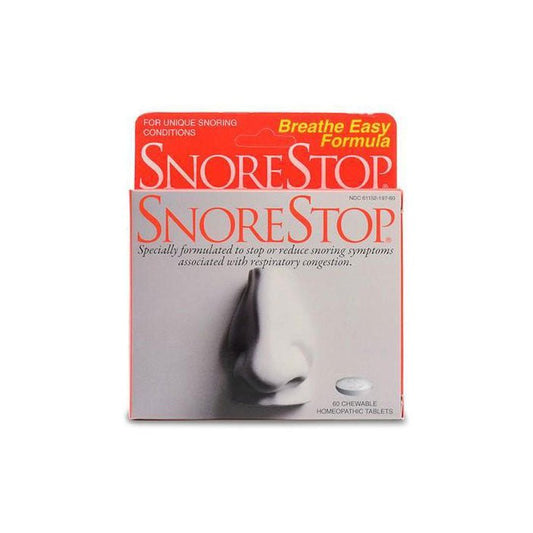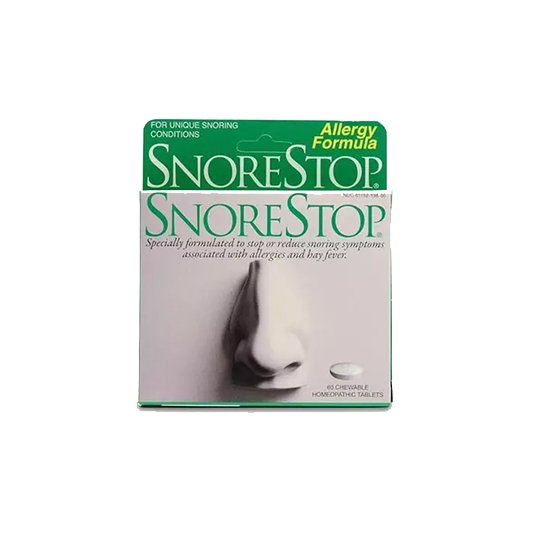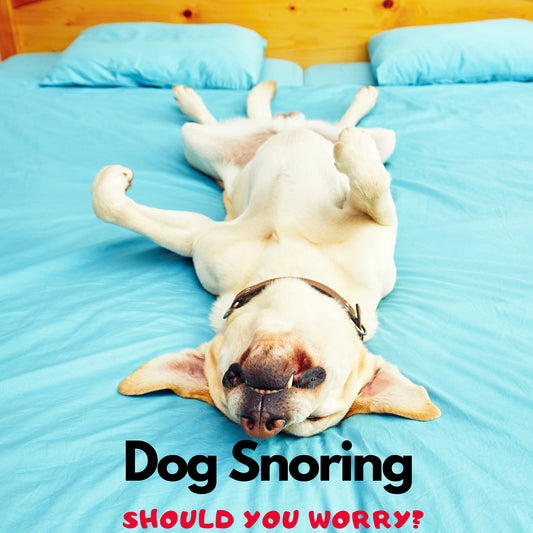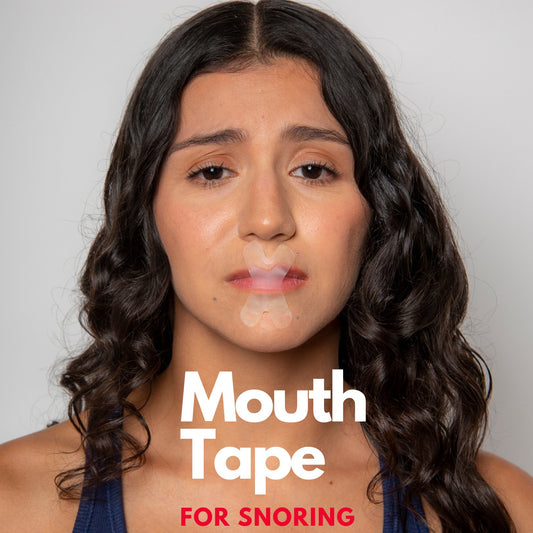Ventura County Star, March 26th 2008
It can kill a marriage or provoke unkind thoughts- even an elbow jab.
Though society generally thinks snoring is an amusing or endearing trait, it’s anything but humorous to the partner kept awake at 3 a.m. Snoring often leads to sleepless nights, foggy days, fights and, ultimately, someone sleeping on the couch. And if you’re the source of the problem, you might feel helpless or embarrassed.
“There are serious health implications if you snore,” said Kenneth Rifkin, a naturopathic physician, licensed acupuncturist.
The company says its natural homeopathic products, available in pill and spray form, are safe and regulated by the U.S. Food and Drug Administration, are not addictive and do not interact with other medications.
Snoring, especially among children, is no laughing matter. It can affect their intelligence quotient because they’re not getting enough oxygen at night, said Rifkin, who practices in Portland. In adults, it can cause high blood pressure and heart disease because of lack of circulation.
Two-thirds of adults say their partner snores, according to the national Sleep Foundation.
When earplugs, spa sound machines and covering your head with a pillow can’t drown out the racket, many people turn to over-the-counter nasal strips, sprays and tablets.
Anti-snoring products are a growing segment of a $3.5 billion sleep aide industry. In a market that has become flooded with copycat products, SnoreStop’s medically tested patented formula stands out, Rifkin said.
When Christian De Rivel launched Green Pharmaceuticals in 1995, snoring was an underserved condition. He found many products for arthritis and menopause, but few that combated snoring, except for nasal strips by Breathe Right. “What struck me, as a French person- I would never wear a Band-Aid on my nose, even in my bedroom,” De Rivel said.”I would feel goofy.”
‘Focusing on tablet medicine’
He also questioned whether the strips would do much good. While researching homeopathic medicines, he learned about 70 percent of snoring symptoms are caused by obstruction of throat passages, while 30 percent are caused by obstruction of throat passages, while 30 percent are caused by nasal obstruction.
So he focused on launching a product that would better suit Americans’ pill-popping ways. He partnered with Rifkin, who formulated a chewable tablet that was introduced in late 1995 at drugstores and supermarkets.
The company has since launched a nasal spray and an oral spray dubbed the “Extinguisher,” which sell for $12.99 and $19.99, respectively. Green Pharmaceuticals also launched a line for pets after a customer complained that although SnoreStop alleviated her husband’s snoring, she was still kept awake by her pug.
SnoreStop works by shrinking swollen soft tissues in the throat and dries and dissolves built-up mucous in the sinus passages, Rifkin said.
“If you’re drying those things up, you have freer airflow, and therefore are not going to have obstruction of air rolling over material, creating noise,” he said.
Snoring can be caused by restricted airways or a big uvula, the flap at the back of the throat, Rifkin said. You’re more likely to snore if you’re male, overweight, and older, experts say. But anyone can snore, especially people with allergies, a cold or chronic congestion.
“If you’ve got a size-16 neck, chances are you snore,” Rifkin said. Gravity pushes on the fat around the neck, pressing up on the soft palate at the back of the throat.
“You’re inhaling air from a restricted area, and that’s what creates that loud roar,” Rifkin said.
‘Independent medical study’
Factors that trigger snoring include certain foods and medications, such as muscle relaxants and pain medications. Too much salt or wine can lead to water retention, creating more fluid in the tissues at the back of the throat that can cause snoring, Rifkin said.
An independent medical study published in the medical journal Sleep and Breathing in 1999 indicated that SnoreStop was effective, with the majority of participants showing improvement within the first five days.
If the product doesn’t help within the first 7 days, snorers should modify their lifestyles, as well as examine their salt and alcohol intake and medications they take before going to bed, Rifkin said. It could also mean they have to lose weight.
Patrice O’Dell did not fit the profile of a typical snorer when she bought the product two years ago.
The fit Ventura resident, now 55, had never tried an anti-snoring product, but was drawn to SnoreStop because it didn’t contain chemicals. She found it worked and was easy to use.
O’Dell no longer uses the product because after she had her braces removed, snoring wasn’t a problem. “It could be life-changing for some people”,” she said.
The company is still small enough that when customers call with a complaint, De Rivel often fields the call. He holds onto emails with suggestions, complaints, and compliments, and keeps notes from his conversations with customers. On his flat screen computer monitor, he reads a Post-it note that reads:”Please help, husband is loud, wife is tired.”
“My boss is my customers,” he said.”They are the ears and the eyes of the company.”

